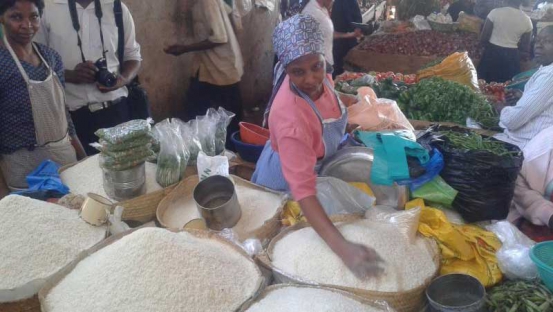×
The Standard e-Paper
Home To Bold Columnists

Low-income earners suffered the most during the panic buying of foodstuff during the August polls, Central Bank of Kenya (CBK) has said.
According to CBK Governor Patrick Njoroge, food sellers increased prices a few days before and after the election as consumers rushed to stock up due to fears over the outcome.